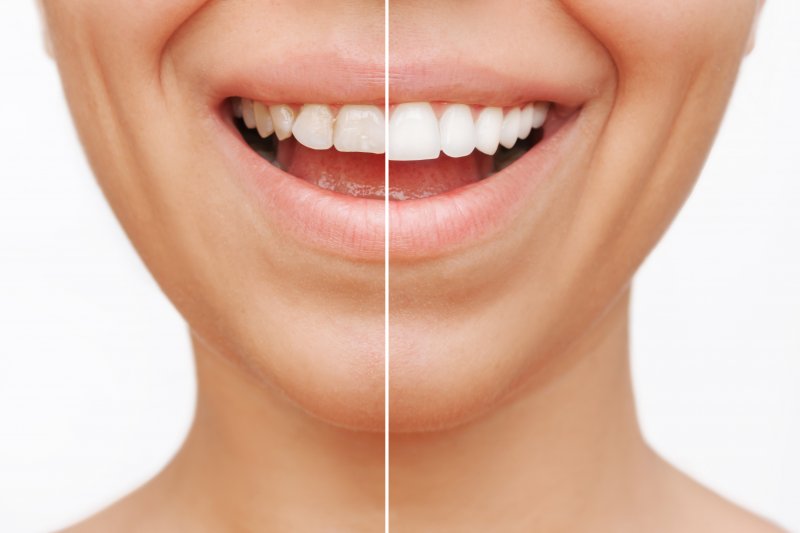Can You Get Cavities On Your Veneers?
April 2, 2023

Veneers are incredibly powerful. In as little as two appointments, your dentist can give you a smile that’s completely transformed from what it was before. As fantastic as they are, it can be easy to feel like they make your teeth completely invincible.
You might even wonder whether your new smile is immune to any kind of tooth decay, especially if you’ve had to deal with any of it in the past. If you want to know more about the relationship between veneers and tooth decay, here’s a guide that may help you.
Can Veneers Suffer From Tooth Decay?
Tooth decay happens due to acid-secreting bacteria in the mouth. Over time, enough of these acids start to dissolve the enamel on your teeth, leading to cavities. Veneers, on the other hand, are usually made of porcelain, which is significantly more resistant to acids. As a result, you won’t have to worry about cavities affecting your veneers.
That said, your veneers only cover the front of your teeth—you can still be vulnerable to cavities on your actual teeth. That means veneers aren’t an excuse to neglect your dental hygiene.
What Happens If a Tooth With A Veneer Gets a Cavity?
If you develop a cavity on a tooth that has a veneer, it can be a little bit more of an issue than it may be in other circumstances. Not only will you have to get some kind of filling to treat the cavity, but you’ll also have to remove and replace the veneer covering it. In some cases, this may necessitate a whole new veneer.
How to Care For Your Veneers
Fortunately, you have the power to ensure that that never comes to pass. By taking diligent care of your teeth, you can keep tooth decay at bay.
For the most part, this doesn’t involve anything special—you should just take care of your teeth the way you always have. Brush your teeth twice a day and floss them every day to break up plaque deposits. Combine these with biannual checkups to your dentist and your veneers should stay free of decay for a long time to come!
About the Author
Dr. Julia Karpman believes that dentistry isn’t just about giving patients strong, healthy smiles, but also helping patients keep them for many years to come. She is more than happy to fix any issues you may have, and to talk you through an understanding of your oral health in general. Dr. Karpman received her degree from the University of Connecticut School of Dental Medicine and completed her residency at Danbury Hospital.
If you have any questions about veneers, she can be reached at her website or by phone at (860) 563-3766.
No Comments
No comments yet.
RSS feed for comments on this post.
Sorry, the comment form is closed at this time.
